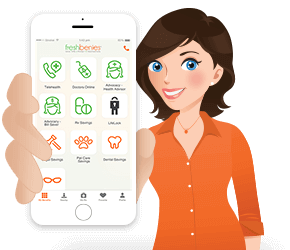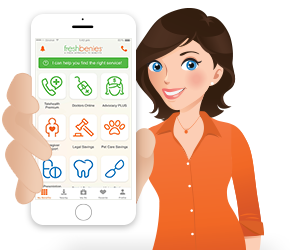BACK TO SCHOOL: 3 SIMPLE WAYS TO REDUCE SICK DAYS
When do your kids start school? As the school year begins, millions of parents (me included) are quietly rejoicing at the return to sanity! We’re buying the needed staples (UM, why do they need protractors?), along with a good stash of hand sanitizers and chewable vitamins. The school year brings much-needed routine back to our lives, but it also brings lots of exposure to germs and viruses.
With 4 kids, I’m somewhat qualified to share three simple ways you can help your child have a stronger immune system and a healthier school year.
1. Make Sleep a Priority
Getting enough sleep is key to a healthy immune system. Research shows that sleep deprivation results in a weakened immune system and increased susceptibility to infection.
Experts recommend 9 to 10 hours of sleep per night for teenagers and 10 or more hours each night for younger children (adults typically need 7 to 8 hours of sleep each night – I WISH!). To help your kids get enough sleep – and good, uninterrupted sleep – set a bedtime for school nights and STICK TO IT. Screen time before bed can make it much harder to fall asleep, so I suggest establishing a pre-bed routine that is screen-free.
Keeping bedrooms quiet, dark, and cool can help kids (and adults) sleep better, too. Close the curtains and consider using white noise (try Songza.com or the RainRain app) to reduce distracting sounds from interfering with sleep.
2. Encourage Exercise
Studies are showing that regular, moderate exercise lowers the risk of catching infection, while no exercise or too much intense exercise can actually increase the chance of infection.
Sports involvement is an easy way to encourage regular exercise, but it’s certainly not the only way. Regular trips to the park, taking walks or bike rides as a family, and active play of any kind are great for helping kids have a stronger immune system. To encourage exercise, start rethinking your options for fun and family activities. In the winter, for example, take your child ice-skating or swimming at an indoor pool instead of to the movies. Whenever you can, choose the active option over the sedentary one - everyone in the family can benefit from getting regular, moderate exercise. Click here to read an article where we share 7 Tips to Keep Your Kids Active.
3. Choose Better Food
The direct link between how diet affects the immune health is still research in development, at this point. But some of the connections are becoming clearer. For example, evidence suggests that a typical American diet (full of “fatty, salty, sugary, processed foods”) can negatively affect the immune system. The constant barrage of unhealthy food leads to an immune system that is always on - always working to repair diet damage. The result is that when a real invader, like harmful bacteria or virus, comes along, the immune system is too busy and distracted to attack the invader.
Making diet changes can be difficult, especially with kids who have “demanding palates” (No, son, you cannot eat mac & cheese, pizza and hot dogs at every meal!). Try making better food choices in one area at a time; for example, focus on drinks and snacks before you overhaul your dinnertime choices. Switch to water or milk at home and save the sodas and juices for special treats when you’re out. Instead of processed snacks, stock up on fresh fruits, whole grain crackers and hummus, cheese sticks, and other healthier snack options. Another option is to ship them off to {insert third world country here} for a couple weeks to see how and what other kids get to eat on a daily basis, but that’s probably not feasible :-)
Making changes in how your family sleeps, exercises, and eats will result in children with healthier immune systems and fewer sick days. By the way, research also shows that wine can help boost the immune system. So get the kids in bed, then kick back with a glass of wine and feel those healthy changes working in YOUR body, too.















